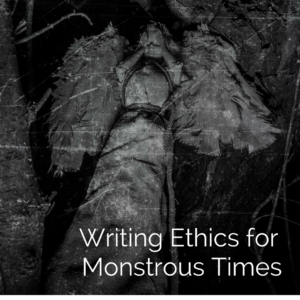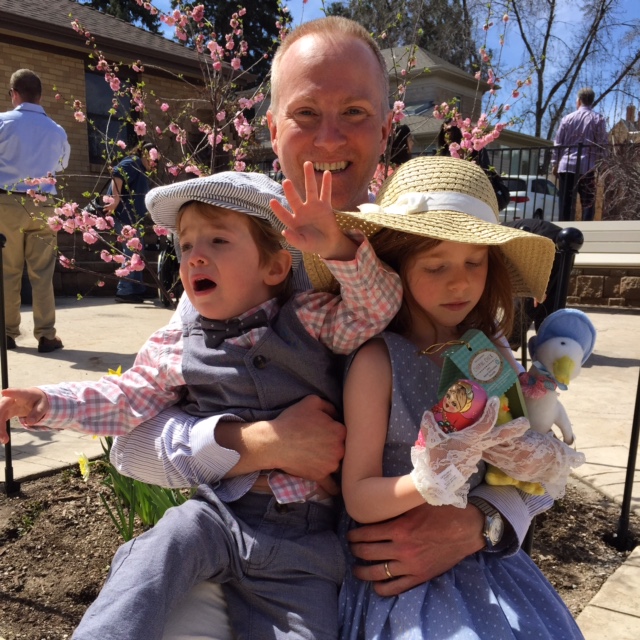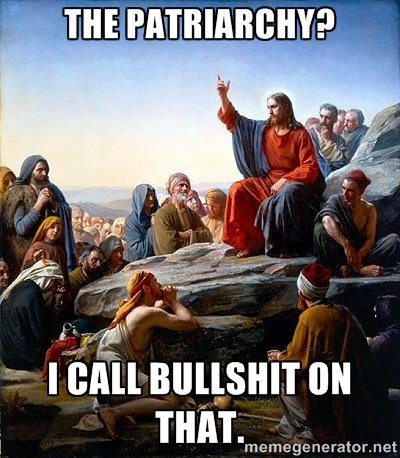 My writing practice has gone off the rails and getting back on track has been an enormous struggle. I am tired, and angry, and sad. Every day I wake up, look at my phone and greet the day’s tragedy or injustice. A bombing. A shooting. Another sexual predator exposed. Another assault on our democracy by Congress and this monstrous presidency. It’s exhausting. And I’m white, straight, cisgendered, and middle class and thus reasonably sheltered from the fallout. I’m one of the lucky ones.
My writing practice has gone off the rails and getting back on track has been an enormous struggle. I am tired, and angry, and sad. Every day I wake up, look at my phone and greet the day’s tragedy or injustice. A bombing. A shooting. Another sexual predator exposed. Another assault on our democracy by Congress and this monstrous presidency. It’s exhausting. And I’m white, straight, cisgendered, and middle class and thus reasonably sheltered from the fallout. I’m one of the lucky ones.
Each day I try to write something meaningful, but most of the time I fail. My hard drive is littered with abandoned words. Once clear thoughts lost in a cloud of data. It feels more urgent than ever to write something, anything, in support of the resistance, but the news stories and the emotions they bring fly at me so fast that some days all I can manage to do is duck my head and scream “fuck you” into the void.
The demands of daily life are even more annoying than usual because I am more annoyed than usual. I find myself cursing at the piles of dirty laundry as I walk past them on the way to the kitchen in the morning. Once there I am greeted by my children’s shrieking. I haven’t even had a sip of coffee and they are talking over one another without stopping in a fierce battle for my attention. As I am prying their hands off the hem of my pajama top, my husband looks up from the newspaper (somehow he is able to read through all this chaos) to remind me that today is the Thanksgiving party at our son’s preschool, so I need to be there at 11:00. Feel my my chest tighten against my attempted cleansing breath as I silently wonder when I will ever have the time and mental space to write again. Every woman I know who struggles to jam writing into the cracks between a full time job and parenting has these moments. I am not special. I am so ordinary I start to feel meaningless.
Maybe all this is why I found Claire Dederer’s essay “What Do We Do with the Art of Monstrous Men?” so frustrating. I read the first two-thirds of the essay with great interest. She was grappling with an important question we are left with every time a man whose movies or writing or music we love is outed as a sexual predator. Dederer does this by examining her own previous love of Woody Allen films, a love soured by his predatory behavior towards his step daughter, and now wife, Soon-Yi. She seems genuinely angry at the men who tell her she has to view Allen’s films on their aesthetic value alone. She rejects her literary training that says the artist’s life has no bearing on his work.
Then the essay takes an unexpected turn and attempts to equate the monstrous behavior of men like Allen, Weinstein, Polanski, and Louis C.K. with the “monstrous selfishness” female artists have to display in order to finish their work. After telling us about a fellow writer and friend whose husband accuses her of abandoning him and the children to finish her latest short story, Dederer writes
My friend and I had done nothing more monstrous than expecting someone to mind our children while we finished our work. That’s not as bad as rape or even, say, forcing someone to watch while you jerk off into a potted plant. It might sound as though I’m conflating two things—male predators and female finishers—in a troubling way. And I am. Because when women do what needs to be done in order to write or make art, we sometimes feel monstrous. And others are quick to describe us that way.
I expected what follows that paragraph to be an analysis of how our culture allows men a monstrous dominance and control over women—a dominance that ruins lives. I expected Dederer to point out that their monstrousness is protected and encouraged, while women are unjustly punished and called monsters for desiring any artistic creation of our own. We are monsters for spending our energy on ourselves instead of on the nurturing of husbands and children. We are monstrous for subverting male dominance instead of being subservient to it.
That would have been a satisfying ending to the essay, but instead she avoids the analysis and ends by saying we are no closer to answering the essay’s central question than we were when we started. In fact, she ends by emphasizing that maybe anyone who makes art is a monster to some degree. Think about that for a moment. Dederer ends an essay about what to do with the art left behind by monstrous men, like Roman Polanski who raped a 13 year old girl, with a flip philosophical observation that maybe we are all monsters. That maybe missing your kid’s piano recital to finish an essay is in the same moral category as raping children. WHAT. THE. FUCK.
It may seem like a cute literary party game to wonder if all art, all ambition, requires some level of monstrousness, but the stakes are too high to sit back and pretend that such philosophical musing is anything but patriarchal ideology hiding behind a thin veil of logic. The brave women outing sexual harassment and abuse by monstrous men are exposing that the world is, and always has been, a dangerous place for women. To turn the essay on women and say, “Well, maybe you’re monstrous too” is irresponsible writing and the height of gas lighting. This is the same sort of privileged writing on display in Richard Fausset’s NYT article about the well mannered Nazi next door in Ohio. Fausset claims his objective was to show how “normal” white supremacists can seem, but, as so many have pointed out, he failed because he did not then show how such monstrous racism, while it may be common (just like predatory sexual behavior), it is most definitely not normal—not something we should accept as part of a spectrum of human behavior or belief.
Behavior that is a threat to others must be thrown into relief because if everything is monstrous, then nothing is truly outside the bounds of acceptability. The violence and hatred that are the tools of white supremacist patriarchy require not the false logic of philosophical questions and detached journalism, but the white hot light of a cultural analysis that exposes its monstrousness for all to see.


